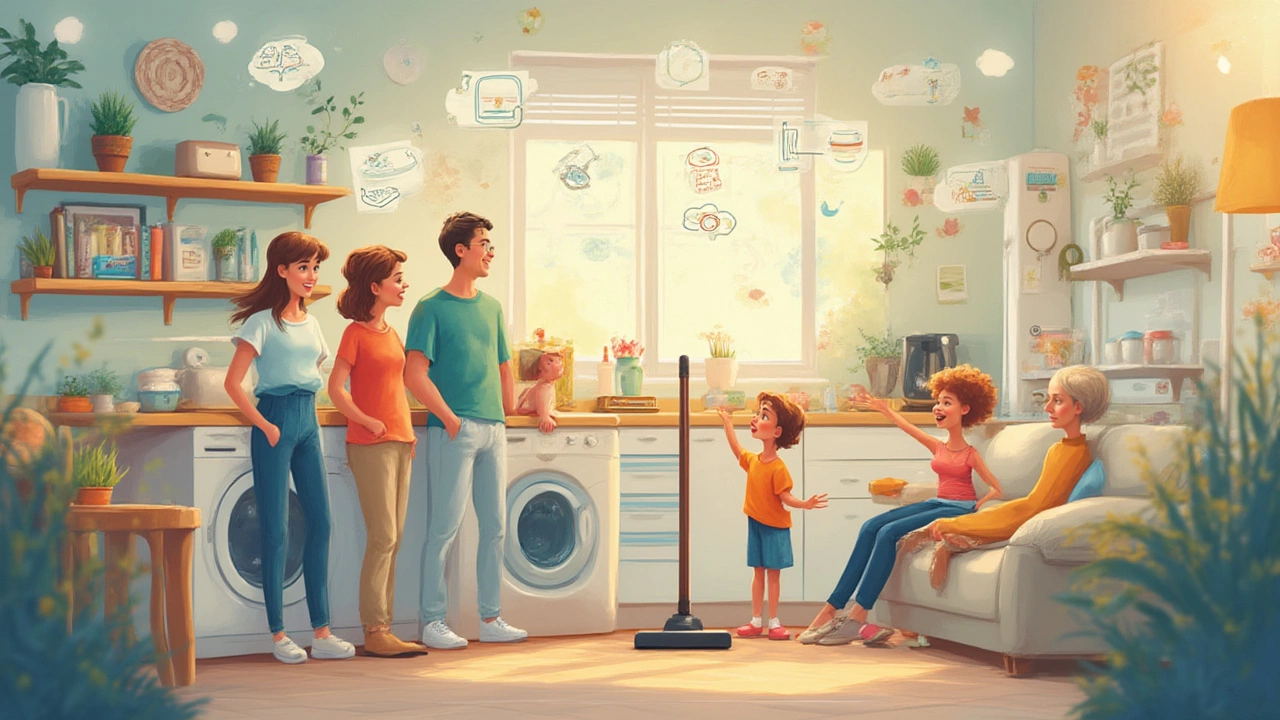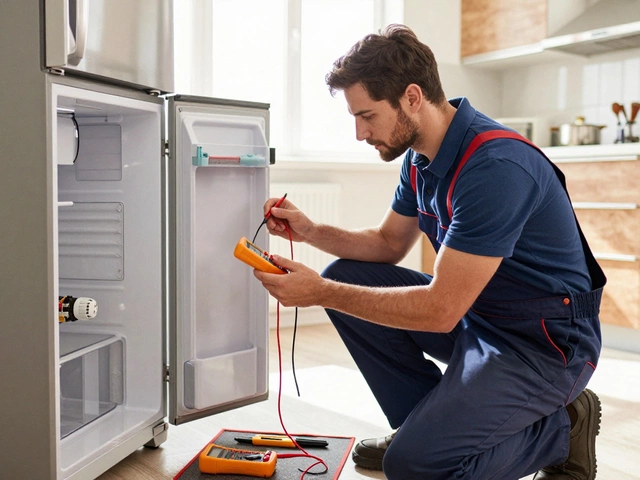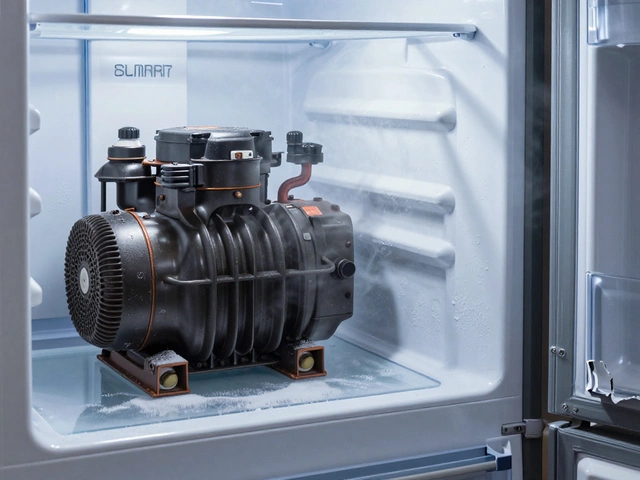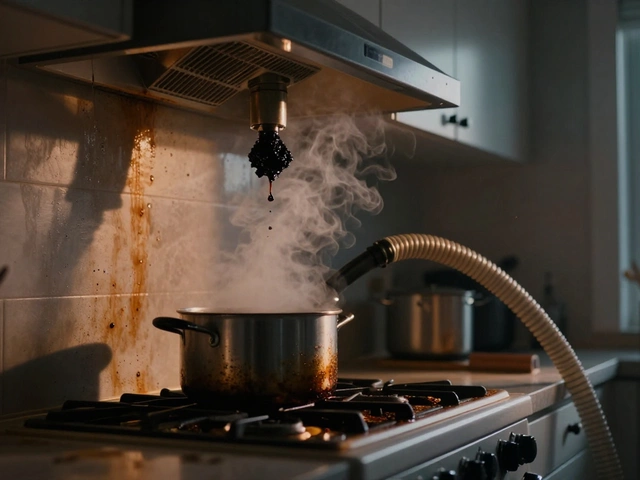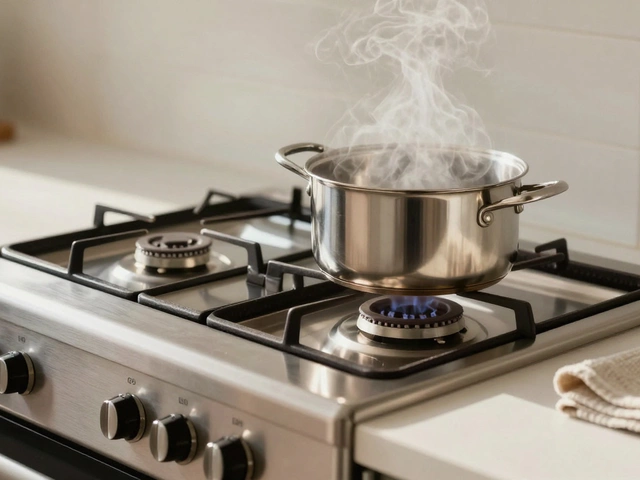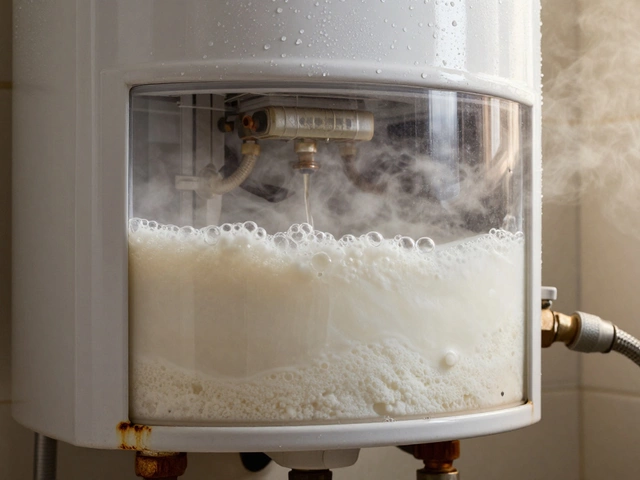Electrical Appliances Repair Guides & Tips
If a fridge stops cooling or an oven won’t heat, the first thought is usually “call a technician”. But many problems have simple fixes you can try at home before picking up the phone. This page pulls together the most useful advice for the appliances you use every day, so you can decide fast whether a quick DIY fix will do or if a professional is needed.
Common Issues and Quick Fixes
Refrigerators often lose their chill because the condenser coils are dusty, the door seal is cracked, or the thermostat is set too low. A quick coil cleaning with a vacuum brush and a wipe of the door gasket can restore cooling in many cases. If the fridge still struggles, checking the temperature settings and listening for the compressor can point you to the next step.
Ovens commonly fail to heat when the heating element is burnt out or the temperature sensor is faulty. Unplug the oven, remove the element, and look for visible breaks or a blackened spot. Swapping in a new element is usually a cheap fix. For sensor issues, a multimeter can tell you if the resistance is within the normal range; if not, replace the sensor.
Washing machines give up for a few predictable reasons: a blocked filter, a worn drive belt, or an unbalanced load. Pull out the filter (usually behind a small door at the bottom), clean out any lint, and run a short cycle. If the drum keeps shaking, check the bolts that hold it to the frame and tighten any loose ones.
Dishwashers that won’t drain often have a clogged pump or a kinked hose. Remove the bottom rack, locate the pump housing, and clear out any food debris. Also, inspect the drain hose for bends; a straight path lets water flow out easily.
When to Call a Professional
Some problems involve gas, electricity, or sealed components that require specialist tools. If a boiler leaks, makes strange noises, or won’t fire up, shut it off and call a certified plumber‑heating engineer. Trying to fiddle with gas lines yourself is dangerous and may void warranties.
Water heaters that keep tripping the reset button often have a failing thermostat or a broken heating element. While resetting is easy, repeated trips mean the core parts are wearing out. A qualified plumber can test the internal components safely and replace them if needed.
For any appliance that shows signs of burning, sparking, or a strong chemical smell, stop using it immediately. Electrical shorts can cause fires, and only a trained electrician should handle the repair.
When you’re unsure, remember the rule of thumb: if the fix takes more than an hour, costs more than a few pounds in parts, or involves high voltage or gas, it’s smarter to call a professional. A quick call can save you from a costly mistake and keep your home safe.
Keeping appliances in good shape also means regular maintenance. Wipe down seals, clear filters, and schedule an annual service for boilers and water heaters. Small habits add up to longer life and fewer breakdowns.
So next time something goes wrong, start with the easy checks listed above. If the issue persists, don’t hesitate to get a qualified tech on the job. Quick, informed action will keep your electrical appliances running smoothly and your household running without a hitch.
What Defines an Appliance? A Simple Guide to Home Appliances in 2025
- Alden Wilder
- Jul 3 2025
- 0 Comments
Curious about what counts as an appliance? Get clear, simple answers about household and electrical appliances, backed by facts and tips to guide your choices.
View More